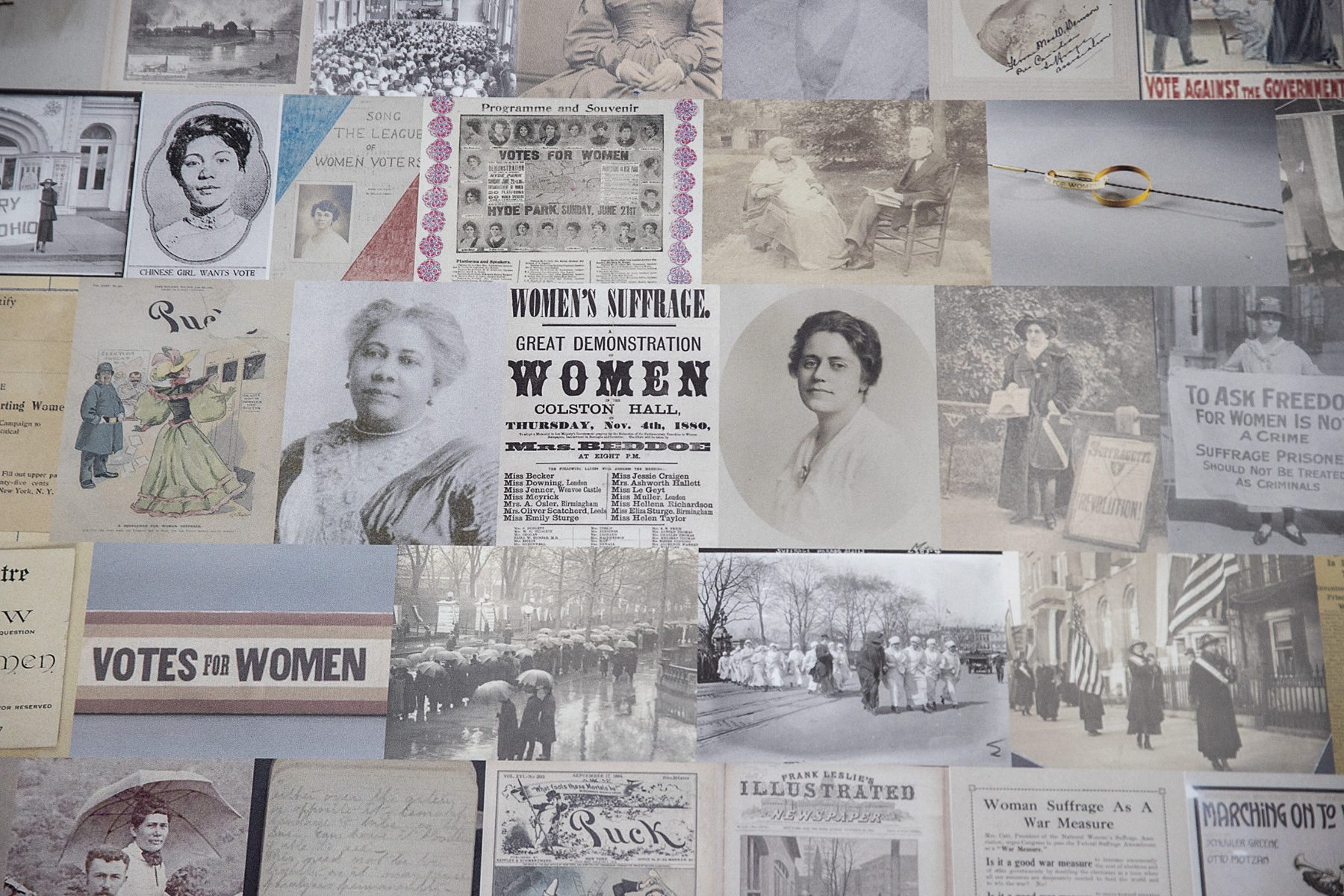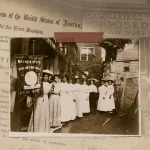Editor’s note: This story has been updated throughout.
President Joe Biden officially recognized Women’s Equality Day on Thursday, signing a proclamation celebrating the 101-year anniversary of the ratification of the 19th Amendment — which gave women the right to vote — and honoring the women of color who helped lead the movement even though it would take them decades to be granted the same ability to cast ballots.
“We celebrate their extraordinary courage and resolve, and rededicate ourselves to the work we still have ahead of us to protect voting rights across our country,” Biden’s proclamation reads.
In his proclamation, Biden lauded the strides the nation has taken over the last century to advance access to the franchise, from the Voting Rights Act to efforts to secure voter protections for Americans who speak languages other than English.
Such voter protections have been particularly critical for women, he said, “who often face increased caregiving demands and take on a disproportionate amount of low-wage and inflexible work, making it harder to take time off to vote in-person or wait out longer lines at the polls.” Women and LGBTQ+ people are also hardest hit by voter ID laws, as a result of name changes or IDs that don’t accurately reflect a person’s gender.
“I think it’s extremely important that he’s recognizing in this proclamation that women of color — we’re still fighting for the vote and still fighting for their rights,” said Christian F. Nunes, president of the National Organization for Women.
Biden’s proclamation comes as states from Florida to Texas pass some of the most restrictive voting bills in the nation — and as Congress considers the John Lewis Voting Rights Advancement Act, which would strengthen the federal government’s oversight of local election laws and voter restrictions. The bill passed the House earlier this week, with all Republicans opposed, but has no clear pathway through the Senate.
Progressive Democrats are pushing the president to do more to advance the legislation, including executive action or urging the Senate to do away with filibuster rules that are standing in their way. Biden has been criticized as not doing enough, even as he stresses his impatience with Congress.
“President Biden has once again given the American people beautiful words, but no clear action,” said Dr. Deborah Ann Turner, board president of the League of Women Voters of the United States. “…He must use the full influence of his office to protect and expand the freedom to vote for the women he recognizes today.
While Biden’s proclamation doesn’t come with any particular action, his administration has been outspoken on emphasizing gender equity as a governing priority, from pay equity to caregiving. There are a record number of women and women of color in the Cabinet and the narrowest White House pay gap since the country started tracking it.
“My administration is committed to bearing out the promise of the suffragists, who understood that for women to attain true equality in our country, they must have an equal place at the ballot box,” Biden said in his proclamation. He also included a reference to history-making Vice President Kamala Harris, saying, “As the Vice President has said, the status of women is the status of democracy.”
Presidential proclamations on Women’s Equality Day are common. President Donald Trump’s 2020 proclamation on Women’s Equality Day noted that he had given a full pardon to Susan B. Anthony, the suffragist arrested in 1872 for voting unlawfully.
President Barack Obama in 2016 made clear in his proclamation he considers the work unfinished and offered a “pledge to continue fighting for equality for women and girls.”
The day falls more than one week after the actual 19th Amendment anniversary, because that was the date the right to vote for women was ratified by then-Secretary of State Bainbridge Colby. In perhaps a testament to the difficulty of action on voting rights, the measure to designate August 26 as Women’s Equality Day was first introduced in 1971, but did not actually pass Congress until 1973.






